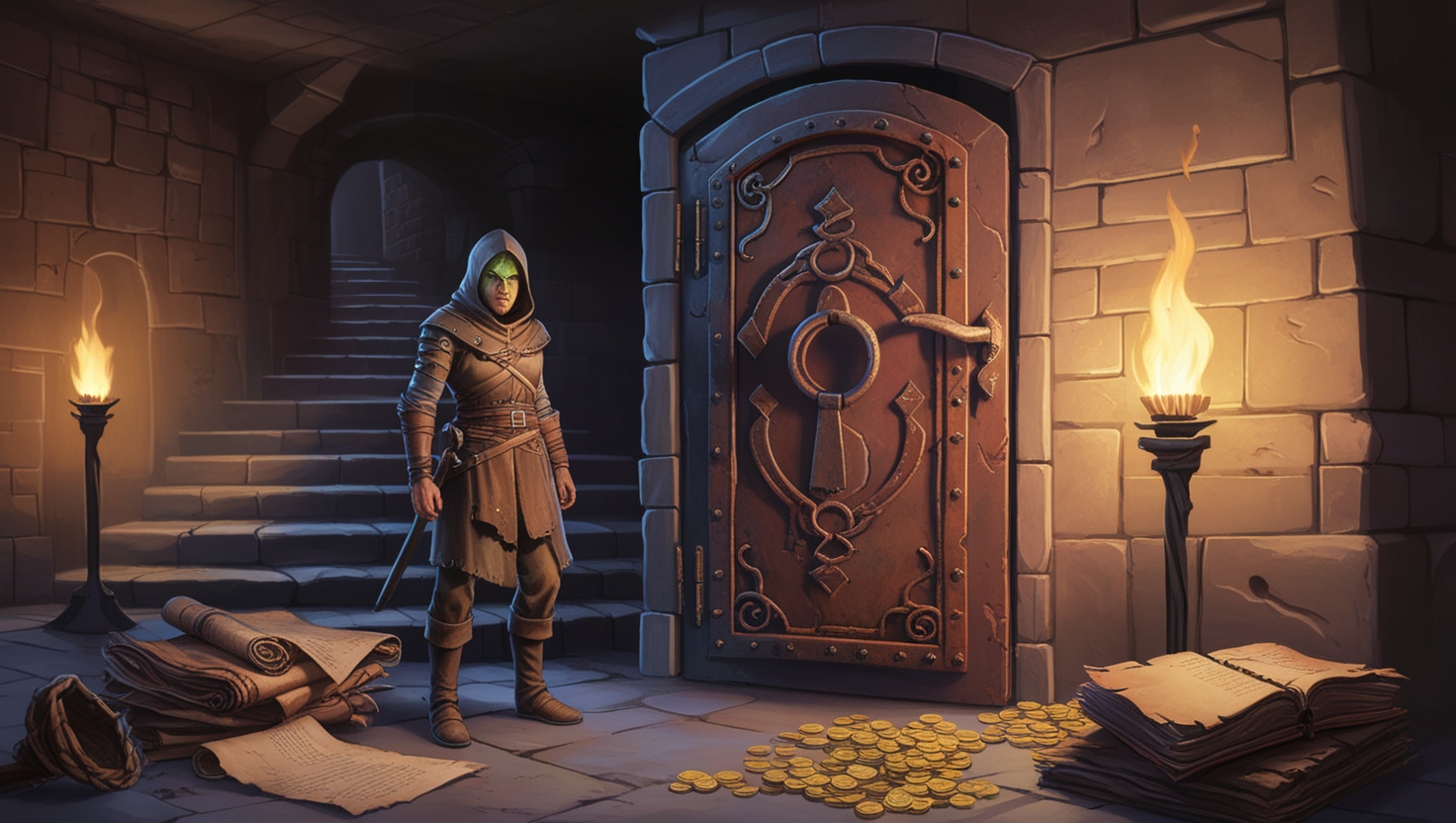Roguelike games have carved out a unique niche in the gaming industry, captivating players with their challenging mechanics, procedural generation, and deep replayability. This genre, inspired by the 1980 classic “Rogue,” has evolved significantly, influencing a wide range of modern titles. Here’s an in-depth look at why roguelike games are captivating the gaming world.
1. Procedural Generation and Replayability
One of the defining features of roguelike games is procedural generation. This means that each playthrough generates a new, unique world with different levels, enemies, and items. Games like “Spelunky,” “Hades,” and “The Binding of Isaac” use procedural generation to keep the experience fresh and unpredictable. This infinite variety ensures that no two runs are ever the same, providing endless replayability and continually presenting new challenges to overcome.
2. Permadeath and High Stakes
Roguelike games are known for their permadeath mechanics, where dying means losing all progress and starting over from scratch. This high-stakes gameplay creates a sense of tension and excitement, as every decision and encounter carries significant weight. The fear of losing everything adds a layer of intensity, making successes feel incredibly rewarding. Titles like “Dead Cells” and “Enter the Gungeon” excel in utilizing permadeath to enhance the player experience, driving home the importance of skill and strategy.
3. Strategic Depth and Complexity
Despite their often simple appearances, roguelike games are rich in strategic depth. Players must carefully manage resources, choose upgrades, and adapt to constantly changing environments. The complexity of these games comes from their intricate systems and the myriad of choices available to the player. For instance, “Slay the Spire” combines roguelike elements with deck-building, requiring players to strategically build their card deck to survive the climb. This depth keeps players engaged as they develop new strategies and discover synergies between different game elements.
4. Satisfying Progression Systems
Many roguelike games feature robust progression systems that reward players for their efforts, even if they fail. These systems often include unlockable characters, abilities, and items that persist across playthroughs, providing a sense of long-term achievement. “Hades” is particularly notable for its rich narrative and character development that unfolds over multiple runs, making each playthrough feel meaningful and connected to a larger story. This persistent progression helps mitigate the frustration of permadeath, giving players tangible goals to strive for.
5. Community and Challenge
The challenging nature of roguelike games fosters a strong community of dedicated players. These communities often share strategies, tips, and achievements, creating a collaborative environment where players can learn from one another. Leaderboards and competitive modes further enhance this sense of community, allowing players to compare their skills and accomplishments. Games like “Nuclear Throne” and “Spelunky 2” have thriving communities that celebrate the genre’s difficulty and complexity, pushing each other to achieve higher scores and uncover hidden secrets.
6. Innovation and Evolution
Roguelike games continue to innovate and evolve, blending with other genres to create unique hybrid experiences. Titles like “Rogue Legacy” introduce elements of platforming and RPG mechanics, while “Darkest Dungeon” combines roguelike gameplay with psychological horror and turn-based combat. This genre’s flexibility and adaptability allow developers to experiment with new ideas and push the boundaries of traditional game design, ensuring that roguelikes remain fresh and exciting.
Conclusion
Roguelike games captivate the gaming world with their procedural generation, high-stakes gameplay, strategic depth, satisfying progression systems, and strong community engagement. Their ability to continuously innovate and evolve keeps the genre dynamic and appealing to a broad audience. As developers continue to explore and expand the possibilities within roguelike frameworks, players can look forward to even more thrilling and challenging experiences in the future.


Leave a Reply